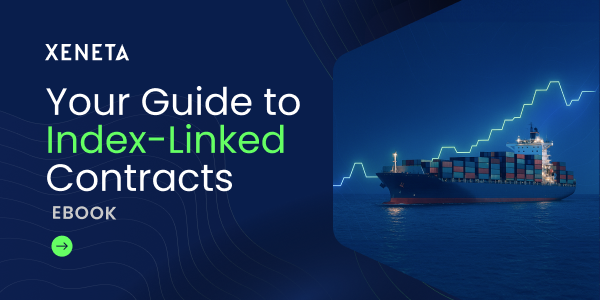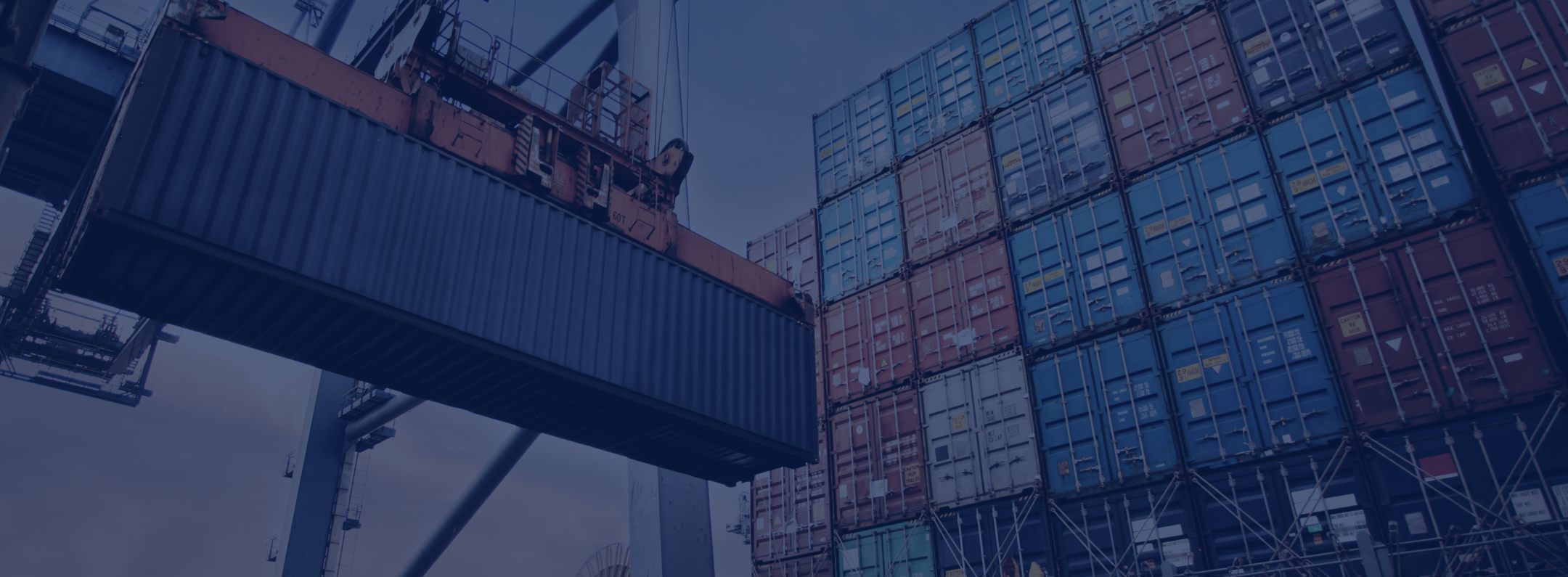A freight intermediary (also known as an OTI or Ocean Transportation Intermediary) is someone that assists an exporter or an importer in securing the best freight rates possible while providing the quickest routing for their cargoes and also preparing and processing the documents related to these shipments.
An OTI is regulated by the FMC (Federal Maritime Commission) in accordance with the Shipping Act of 1984. Freight forwarders and/or NVOCCs fall in the category of OTI, although both play different roles.
If the OTI is based in the USA, they can operate as freight forwarders or NVOCC only after obtaining an operating license from the FMC. Non-USA OTIs are not required to obtain an FMC license, but it is recommended.
Definitions Of The OTIs.
A Freight Forwarder is a multi-function agent/operator who arranges the movement of goods from point A to point B on behalf of a BCO (Beneficial Cargo Owner).
Apart from arranging the movement, a freight forwarder also prepares and processes the documentation and performs all activities related to the safe movement of goods using a NVOCC or a VOCC using either their service contract or the BCO’s service contract.
A freight forwarder is a vital part of the supply chain and is common to all modes of transport – sea, air, road, and rail.
An ocean freight forwarder who offers services in the USA must be licensed by the FMC and should also submit proof of financial responsibility for payment of any claims that may arise while handling the shipments.
As the name suggests, an NVOCC (Non-Vessel-Operating Common Carrier) is a common carrier that provides ocean transportation using their container or the common carrier’s container but does not operate the vessels using which the ocean transportation is provided.
An NVOCC is in certain areas accorded the status of a virtual “carrier” and, in some instances, accepts all carrier liabilities.
While a traditional NVOCC does not provide the above services provided by a freight forwarder, in some cases, the line between certain functions provided by the NVOCC and a conventional freight forwarder may be blurred.
Just like a freight forwarder, a NVOCC who offers services in the USA must be licensed by the FMC and submit proof of financial responsibility for payment of any claims that may arise while handling the shipments.
A NVOCC’s business involves buying a specific volume-based freight from the shipping line and selling it to the BCOs or other customers. FMC requires a US-based NVOCC to publish its rate tariff as part of its regulatory process.
FMC requires these tariffs to be published and open for public inspection showing all the freight rates, surcharges, classifications, rules, and practices between all points or ports on the NVOCC’s service routes.
FMC has a whole regimen regarding OTIs applying for licenses to operate in the USA.
Application Process For US-based NVOCCs And Freight Forwarders
- Appoint a qualifying individual:
o A qualifying individual must have at least three years of demonstrable OTI experience and, depending on the business form, be an officer of the applicant’s corporation, the sole proprietor, or a partner in a partnership.
o The qualifying individual’s experience must have been gained in the United States.
- Submit electronically or print out and complete Form FMC-18: Application for a License as an Ocean Transportation Intermediary.
- Submit Form FMC-18 and the required license application fee.
Application Process For Non-US Based NVOCCs
- Appoint a qualifying individual
o A qualifying individual must have at least three years of demonstrable OTI experience and, depending on the business form, be an officer of the applicant’s corporation, the sole proprietor, or a partner in a partnership.
o The qualifying individual may have gained experience outside the U.S.
- Submit electronically or print out and complete Form FMC-18: Application for a License as an Ocean Transportation Intermediary.
- Submit Form FMC-18 and the required license application fee.
- A non-U.S.-based NVOCC must establish a presence in the United States, such as an unincorporated branch office.
A Form FMC-18 must be filed if any of the following changes in the setup of the OTI
- Change in qualifying individual
- Name
- Address
- Business structure change
- Additions or removals of trade names
- Other changes to information reported on the original Form FMC-18
In terms of submitting proof of financial responsibility (46 CFR Part 515 Subpart C) based on the type of OTI:
- Licensed, U.S.-based NVOCCs and Freight Forwarders are required to submit proof of financial responsibility (most likely in the form of a surety bond) in the amount of $50,000 (for an ocean freight forwarder license) or $75,000 (for NVOCC license).
- For each unincorporated branch office in the United States performing OTI services, the OTI must provide the FMC with the addresses of those branch offices.
- Licensed, Non-U.S.-based NVOCCs are required to submit proof of financial responsibility in the amount of 75,000.
- Non-U.S.-based NVOCCs, unless licensed, are required to submit proof of financial responsibility in the amount of $150,000; and are required to use a licensed OTI for any OTI services performed on its behalf in the United States.
.png)



